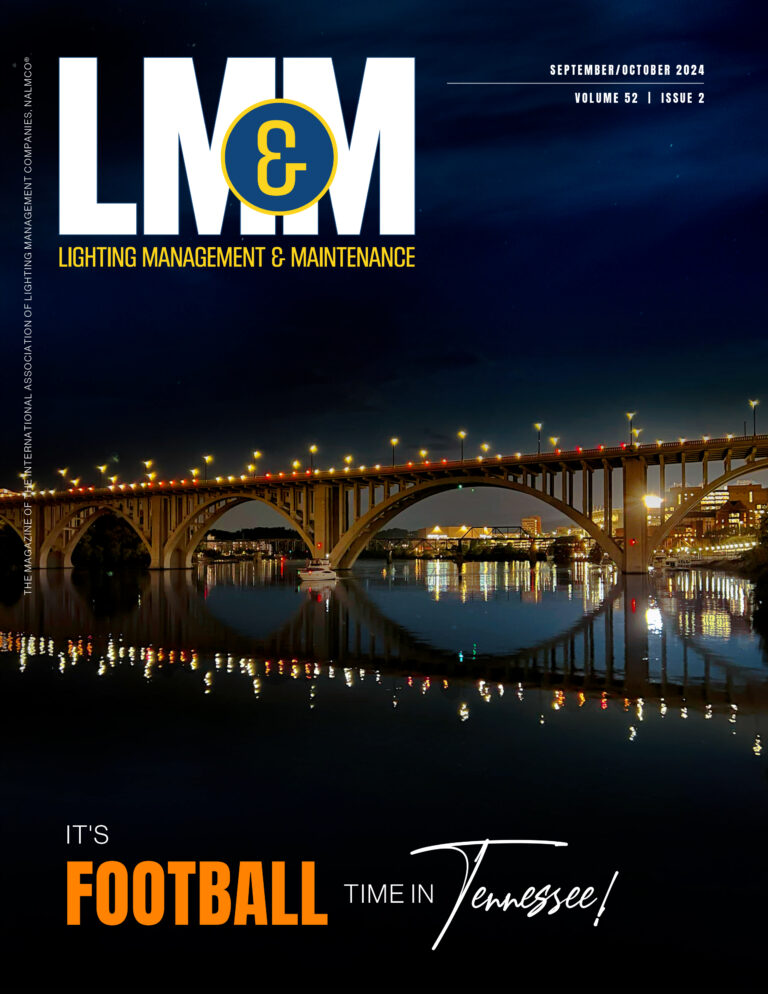“The Cost to Defend…is its Key Weapon…”
EdisonReport first published news of the Philips ITC action on 27 SEP and our story pointed out how the ITC complaint was different than past Philips IP complaints as it had the potential of preventing companies from importing and/or selling their products. On 5 OCT, W.A.C. Lighting filed a response to Philips ITC proposed investigation and the W.A.C. Public Interest statement opens the door on how Philips coerces royalties from our industry.
The W.A.C. Statement claims, “Under the guise of conveniences to licensees, Philips also “offers” an alternative arrangement—“the flat rate approach”—where it determines a single (presumably lower) percentage flat rate royalty applied to all sales—again without determining which products allegedly infringe which patents, if any.”
This statement sums up the Philips strategy. Your humble editor can almost hear the sales pitch from Philips, “Have we got a deal for you! No need to keep up with which products may or may not violate our IP–which may or may not be valid–just give us a percentage of ALL of your sales and we won’t harass you.”
In addition, we are told that the proposed licensing agreements are not a percentage of the cost of the LEDs, or the drivers, rather it is based on the sell price of the entire fixture.
The WAC statement reads, “Indeed, Complainants pattern and practice has been to indiscriminately assert its whole portfolio (directed to old and inapplicable technology) based on allegations of infringement directed to a few broadly written claims that are likely invalid.” It is our understanding that many of the patents are extremely vague and Philips is asserting a number of its patents that cover a very broad range of products.
It gets better. “The cost to defend against Complainants licensing strategy is its key weapon in requesting its onerous and improper royalty payments.” We believe this to be their critical strategy. Most companies can’t afford the litigation fight with Philips, so they have no choice but to settle.
In addition, the W.A.C. statement discusses the harm to the industry and to society as a whole:
- Removing competitive products from the market, competition overall will be lessened…
- Contribute to the barrier of widespread adoption of LED Lighting
- If issued, remedial orders would additionally cause economic harm to the public by maintaining the price of LED Lighting artificially high…
- “…issuance of the remedial orders would embolden Philips to even more aggressively demand royalties from LED lighting vendors: the more LED lighting vendors that must pay royalties to Philips, the less price flexibility there will be in the market.”
EdisonReport is a strong supporter of Intellectual Property, but the Philips Patent Machine has gone too far with this ITC action, and it is not helpful to our industry.
Read the entire W.A.C. Public Interest Statement, here.




